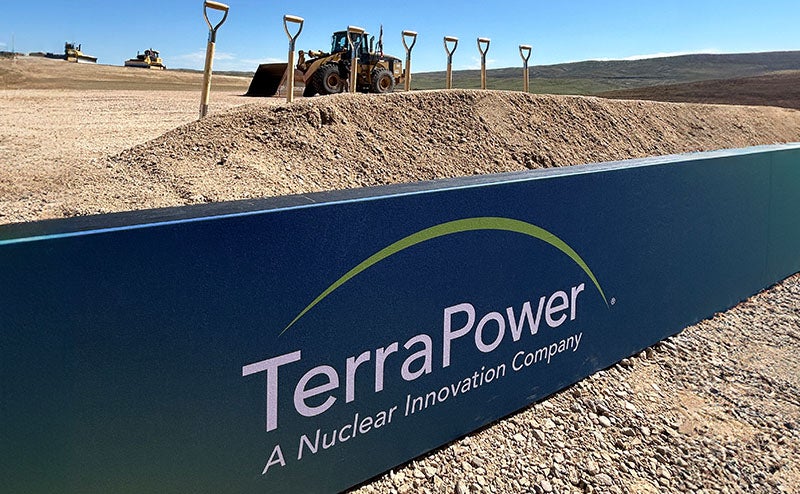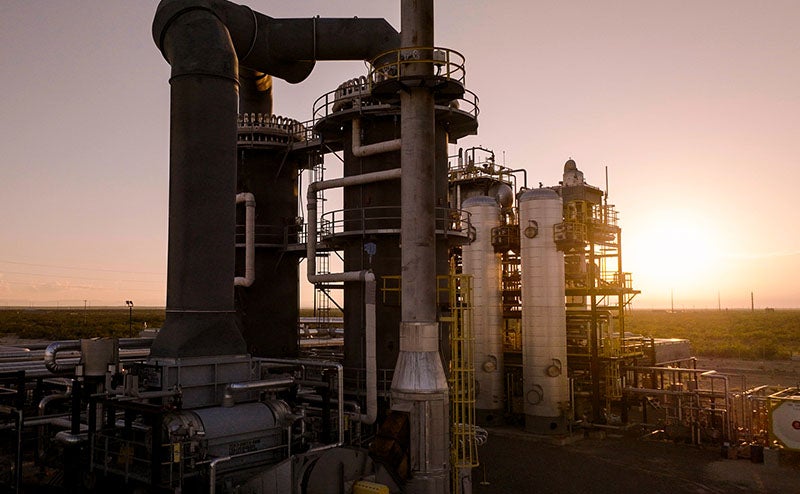We loved his message, but even more, we loved the way he delivered it.
Hello from Glasgow, Scotland. I’m here to attend the COP26 climate conference, and it’s been a whirlwind couple of days so far. As I wrote in the Financial Times, one of my top priorities here at COP is making sure that the world prioritizes scaling clean technology innovation. If we’re going to avoid the worst effects of a climate disaster, it’s not enough to invent zero-carbon alternatives—we need to make sure they’re affordable and accessible enough for people all over the world to use them.
I’m also spending a lot of time this week talking about climate adaptation. It’s deeply unfair that the world’s poorest people, who contribute the least to climate change, will suffer from its effects the most. Rich and middle-income countries are causing the vast majority of climate change, and we need to be the ones to step up and invest more in adaptation.
Earlier today, I had the opportunity to address COP26 delegates at the World Leaders Summit. The session was all about accelerating clean energy innovation and deployment, and I was honored to share the stage with leaders from across government, the private sector, and philanthropy. You can read the full text of my remarks below.
Remarks as prepared
November 2, 2021
COP26 World Leaders Summit
I’m honored to share this stage with Prime Minister Johnson, President Biden, and other distinguished leaders.
Six years ago in Paris, I joined many of you to announce historic commitments to developing the technologies we need to stop climate change. Today, I am thrilled to report that effort is going well.
I started Breakthrough Energy Ventures to complement the commitment from 22 countries to increase R&D through Mission Innovation. BEV has raised over $2 billion so far and invested in more than 80 companies from 11 countries across four continents.
This progress has been incredibly exciting. It’s given me the confidence to expand the work Breakthrough Energy is doing, especially in the area of technology deployment.
If we’re going to scale the innovations that get us to zero, we need to reduce the cost difference between things that emit and things that don’t—a difference I call the Green Premium. The cost of the transition must be low enough that the whole world can afford it.
To help make this happen, Breakthrough Energy recently announced the creation of Catalyst.
Catalyst is a first-of-its-kind effort to build the big projects we need to lower Green Premiums and expand the market for critical climate technologies.
Together with the incredible partners listed here, Catalyst will do four things.
One: Harness technical expertise to scale the innovations we need.
Two: Connect government resources with business expertise.
Three: Organize philanthropic grants and equity with a low expectation of return to be the last-mile financing.
Four: Create certainty for investors by guaranteeing that projects will have customers.
Our private sector partners have committed over $1.5 billion that we expect will leverage more than 10 times that much in total public and private financing. This will support projects in four areas.
And we are just getting started. We expect to raise $3 billion in private capital with the same multiplier.
But even if the world hits its goal of net-zero by 2050, our work will not be complete. People are already being affected by a warmer planet. Those impacts will only get worse, especially for the world’s poorest.
We will lose the global fight against poverty if we don’t help vulnerable farmers adapt to climate change—which is why the Gates Foundation is proud to be a partner in the Agriculture Innovation Mission for Climate.
This new coalition was launched by the United States and United Arab Emirates and now has more than 30 member countries.
As part of our work with AIM4C, I am announcing today that the foundation will provide an additional $315 million over the next three years to an amazing organization called CGIAR.
CGIAR supports climate-smart agricultural research to help smallholder farmers in the developing world.
All of us here today have the responsibility and opportunity to help deliver the solutions our world needs.
Together, we must build a green industrial revolution—one that stops climate change, protects vulnerable communities, and puts the world on a path to progress.
Thank you.





